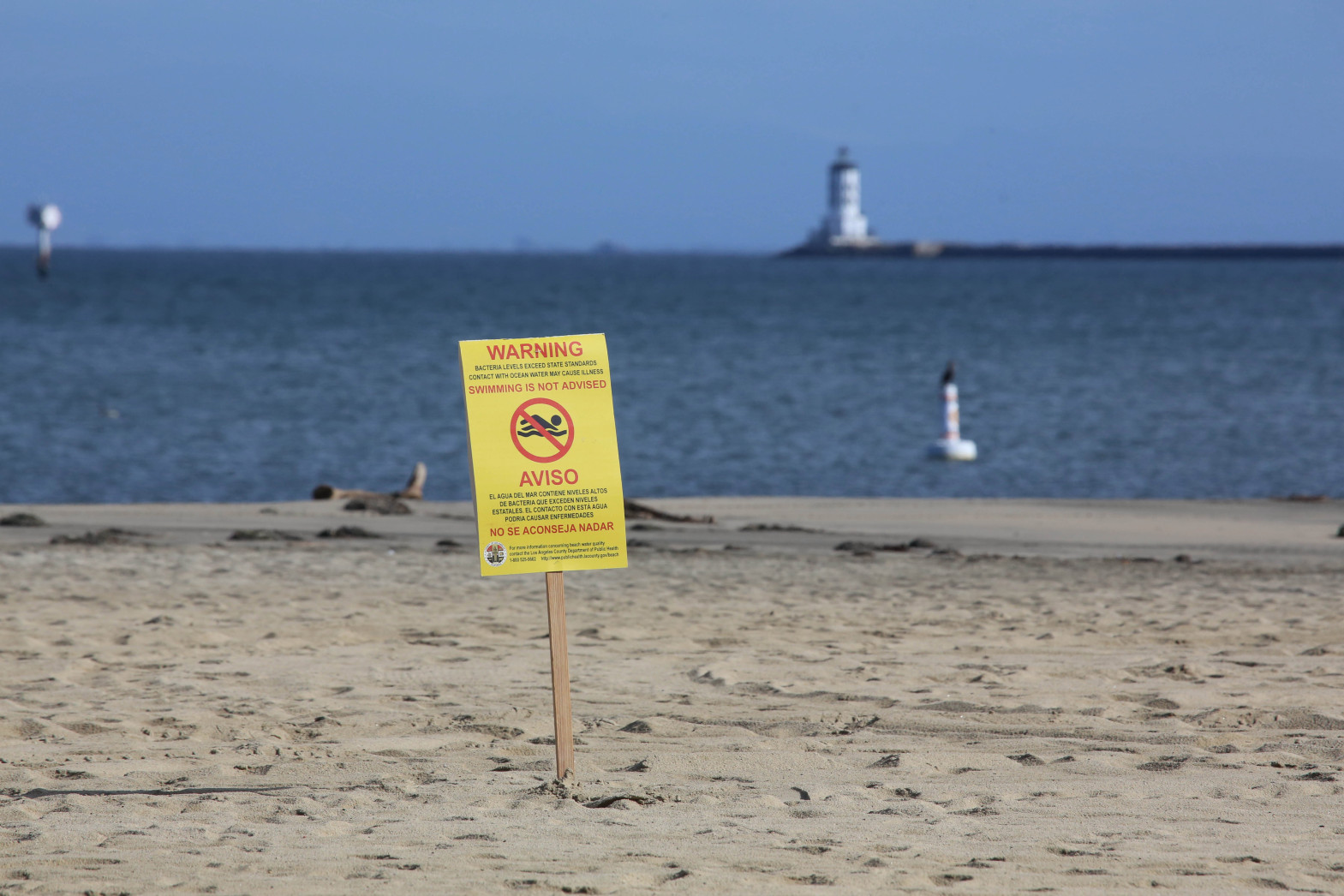
Tell Congress: Don’t defund clean water
Tell your U.S. House representative: Don't take away clean water funding.
PennEnvironment and Three Rivers Waterkeeper teamed up with the National Environmental Law Center to take the first steps under the federal Clean Water Act to sue Styropek USA for illegally releasing plastic pellets into two important Pennsylvania waterways.
This week, PennEnvironment and Three Rivers Waterkeeper teamed up with the attorneys at the National Environmental Law Center to take the first steps under the federal Clean Water Act to sue BVPV Styrenics LLC and its parent company, Styropek USA, Inc., for illegally releasing plastic pellets, also known as nurdles, into two important Pennsylvania waterways.
Styropek manufactures expandable polystyrene (the primary component of what we often call “styrofoam”) just yards away from two of Western Pennsylvania’s most popular rivers and streams — Raccoon Creek and the Ohio River. The confluence of these waterways is a popular recreation spot, where you’ll often see boaters, paddlers, water skiers and people fishing.
At an otherwise beautiful spot, the Styropek facility produces as much as a whopping 123,000 tons of expandable polystyrene (EPS) each year, in the form of nurdles that are eventually expanded into foam utilized for everything from coffee cups to coolers and packing materials.
Since 2022, Three Rivers Waterkeeper and Mountain Watershed Association have collected plastic and polystyrene nurdles from the water, sediments, and river banks, and traced them back to Styropek’s facility along Raccoon Creek.
Given this ongoing and illegal pollution, PennEnvironment and Three Rivers Waterkeeper announced our intent to sue BVPV Styrenics LLC and its parent company, Styropek USA, Inc., for alleged violations of the federal Clean Water Act at a press conference on October 3rd. Our announcement was covered by the Pittsburgh Post-Gazette, Yahoo News, Beaver County Times, the Allegheny Front, KDKA radio and WPXI so far.
The groups allege that any discharge of nurdles violates the Clean Water Act because the company’s wastewater discharge permit does not authorize the release of plastic pellets. In addition, the groups allege that the accumulation of nurdles in the water violates two permit conditions designed to protect water quality. As explained in the notice letter:
The ability of tiny, lightweight nurdles to make their way into aquatic environments through drains and watercourses is well understood. Even if composed of purportedly non-toxic materials, nurdles act as “toxic sponges,” attracting hydrophobic chemical toxins and transporting them throughout aquatic environments. Hundreds of fish species are known to ingest such plastics in marine settings. Microplastics ingested by fish can enter the food chain of humans and other animals. The nurdles released by the Styropek Facility pose similar risks to life in and around Raccoon Creek and the Ohio River.
“Plastic pollution has become the poster child for litter that plagues our communities and planet, takes hundreds of years to decompose, and embodies the threats posed by our so-called ‘throw away’ society,” noted David Masur, PennEnvironment’s executive director. “Given the growing data that plastics and microplastics pose a significant threat to public health and our environment, Styropek’s illegal discharges of plastic beads are an egregious breach of the public’s trust.”
“When we began our monthly river patrols looking for plastic pollution in the Ohio River with Mountain Watershed Association, the Styropek facility wasn’t on our radar,” explained Heather Hulton VanTassel, executive director of Three Rivers Waterkeeper. “But the scope of the nurdle releases that we’ve documented over the past year is alarming and requires immediate attention and action. Plastics in our waters break down into smaller and smaller pieces, making them ever easier to ingest by aquatic organisms and people. We are just beginning to understand the long-term health impacts of ingesting plastics, and we can’t allow polluters to use us and our water resources as guinea pigs.”
Under the federal Clean Water Act’s citizen suit provision, private citizens affected by violations of the law are allowed to bring an enforcement action against the violator in federal court. The first step in that process is providing 60 days’ notice of the violations to the violator, as well as to state and federal environmental agencies. Citizens can seek civil penalties and a court order requiring the violator to comply with the law and remediate the harm caused by its violations.
We will keep you updated on what comes next!
Tell your U.S. House representative: Don't take away clean water funding.
Take Action
